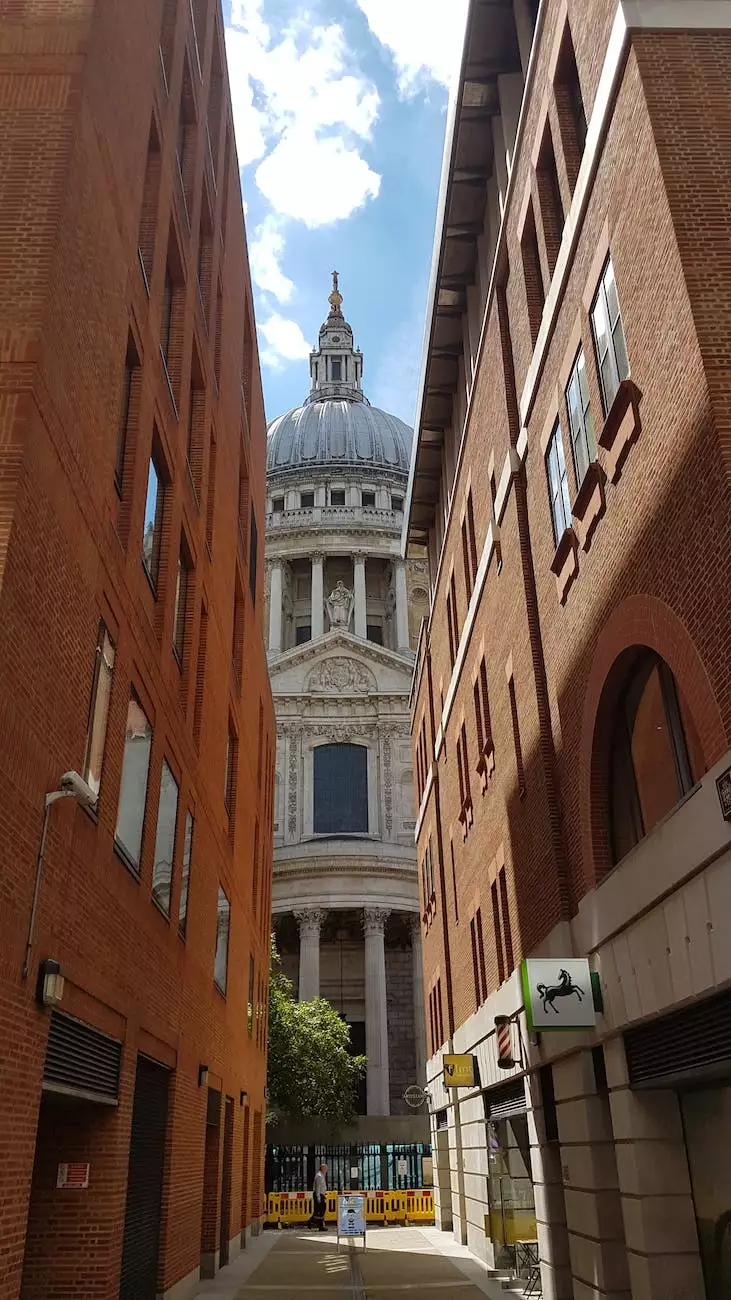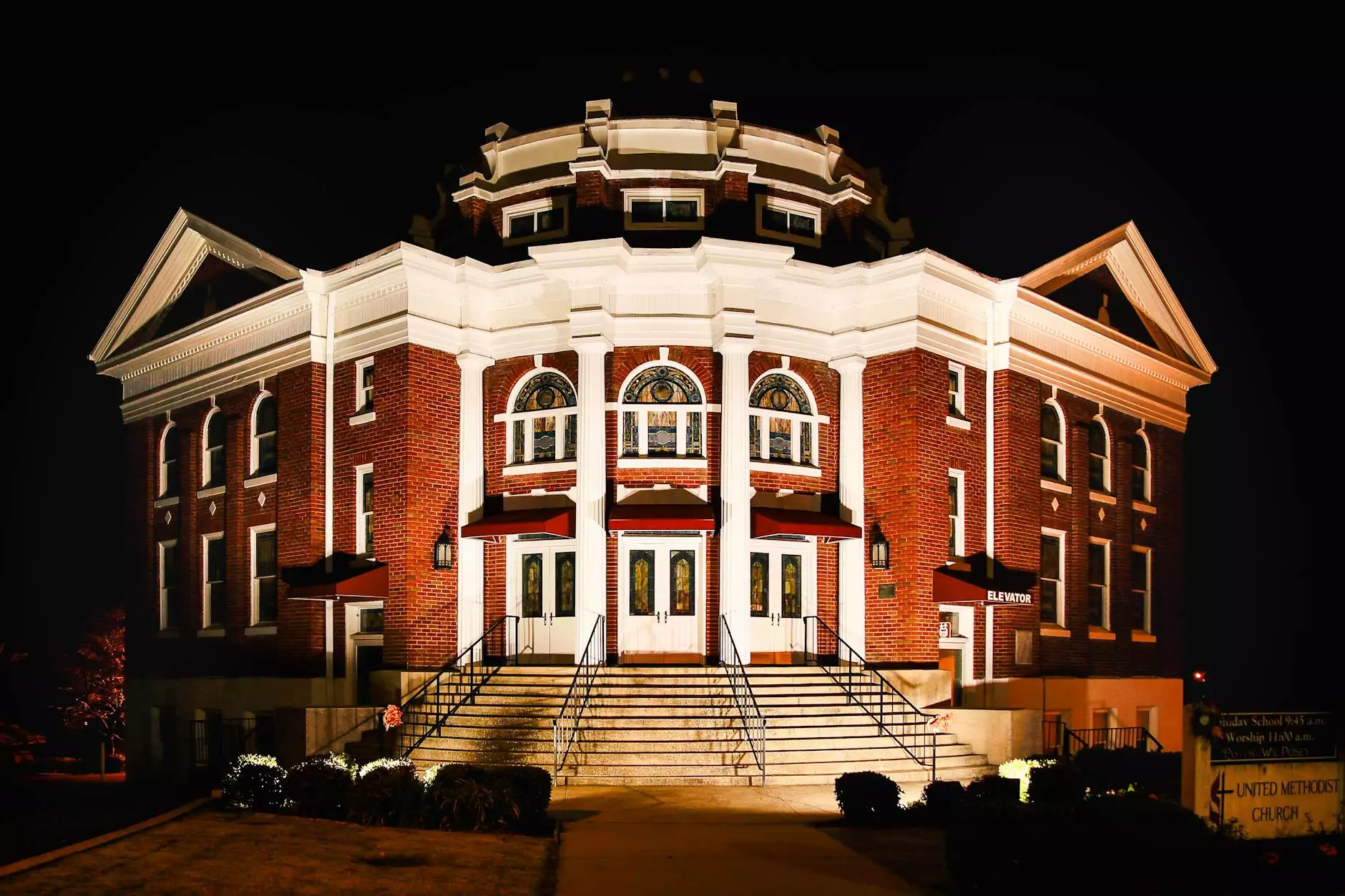History of Methodism
History
Introduction
Welcome to the page dedicated to the captivating history of Methodism at St Paul’s United Methodist Church. As a renowned faith and beliefs community in this region, we take pride in our deep roots and the influential role played by Methodism throughout generations. Let us embark on a journey back in time to explore the origins and significant aspects of this remarkable religious tradition.
Origins and Founding
Methodism traces its origin to 18th-century England, where it emerged as a religious movement within the Church of England. The movement was initiated by John Wesley, a prominent Anglican clergyman, and his brother Charles Wesley, a gifted hymn writer. They sought to reform and revitalize the existing church practices and encourage personal faith experiences.
John Wesley's commitment to spiritual renewal led to the establishment of small societies and class meetings, where individuals came together to study the Bible, share their faith, and engage in acts of service. This grassroots approach fostered a sense of community and provided support to people in their spiritual journeys.
Beliefs and Core Principles
Methodism is based on a set of theological beliefs and core principles that guide its followers. Central to these beliefs is the notion of salvation through faith in Jesus Christ, who offers forgiveness and grace to all who seek it. Methodists emphasize the importance of personal piety and the pursuit of holiness in daily life.
Another key aspect of Methodism is its emphasis on social justice and outreach. Methodists are known for their commitment to transforming society through acts of service, advocating for marginalized communities, and promoting equality. The church places great importance on promoting peace, righteousness, and compassion in the world.
Growth and Influence
Methodism quickly spread beyond England, finding fertile ground in North America during the 18th century as a result of missionary efforts. The movement deeply influenced the religious landscape of the United States, attracting a diverse group of followers seeking religious freedom and a personal connection with God.
Throughout history, Methodism has played a significant role in various social and political movements, including the abolition of slavery, women's suffrage, and civil rights activism. The church's commitment to justice and equality continues to shape its role in contemporary society.
Key Figures
Methodism boasts a rich history of influential figures who have shaped its development and spread its message. One such figure is Francis Asbury, an early American bishop known for his tireless efforts in promoting Methodism across the country. His commitment to preaching and establishing communities of faith contributed to the growth and popularity of the movement in the United States.
Another notable figure is Susanna Wesley, mother of John and Charles Wesley. Her commitment to education and spiritual discipline within the family played a crucial role in nurturing the faith of her sons and the subsequent growth of Methodism.
Methodism at St Paul’s United Methodist Church
St Paul’s United Methodist Church stands as a beacon of the Methodist tradition in our community. We are proud to carry forward the spirit and teachings of Methodism, focusing on personal faith, community engagement, and a deep commitment to social justice. At our church, you will find a vibrant congregation dedicated to worship, service, and the pursuit of spiritual growth.
Join us at St Paul’s United Methodist Church as we continue to honor and celebrate the incredible history of Methodism and its enduring impact on our lives and the world around us.
Conclusion
In conclusion, the history of Methodism is a captivating journey that spans centuries and has left an indelible mark on the spiritual and social landscape. At St Paul’s United Methodist Church, we invite you to explore this rich tradition, experience the power of a personal faith journey, and join us in making a positive difference in our community and society.




